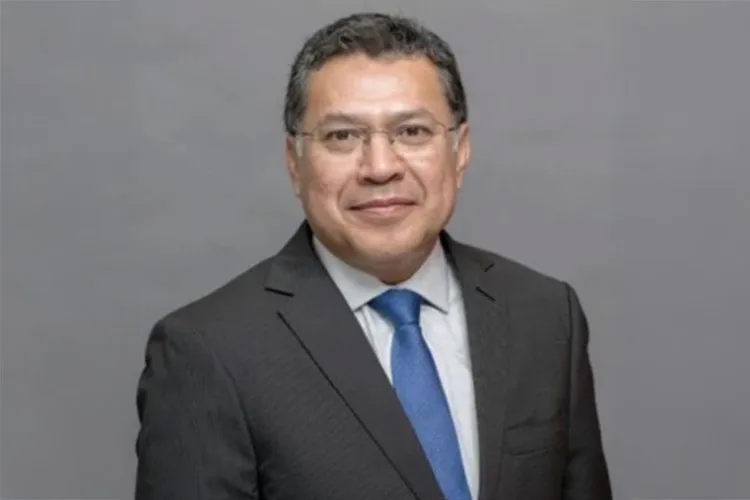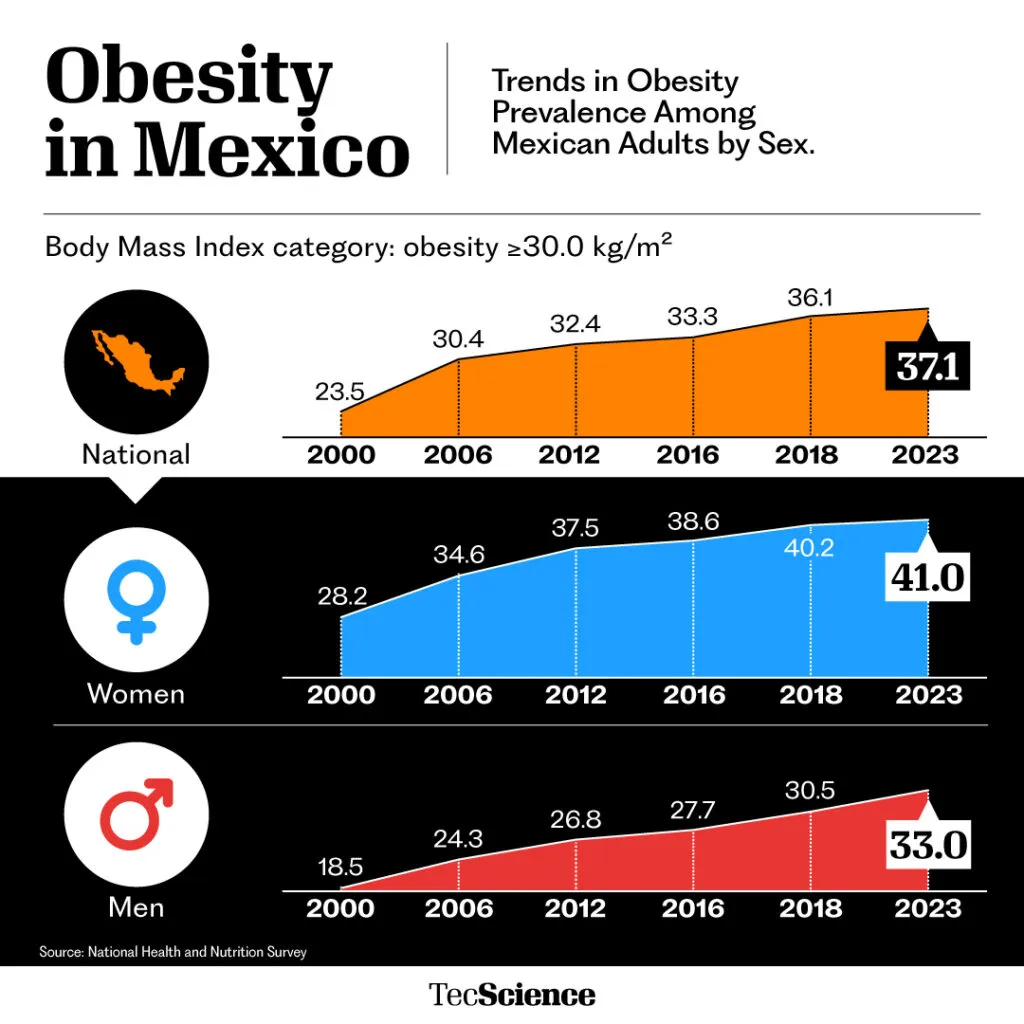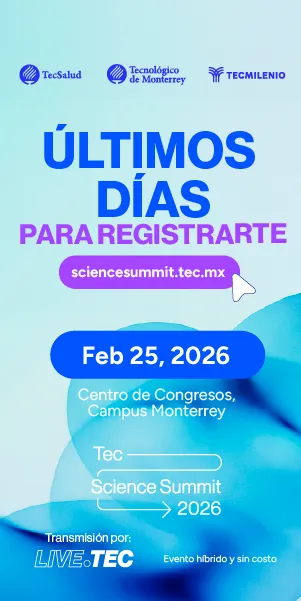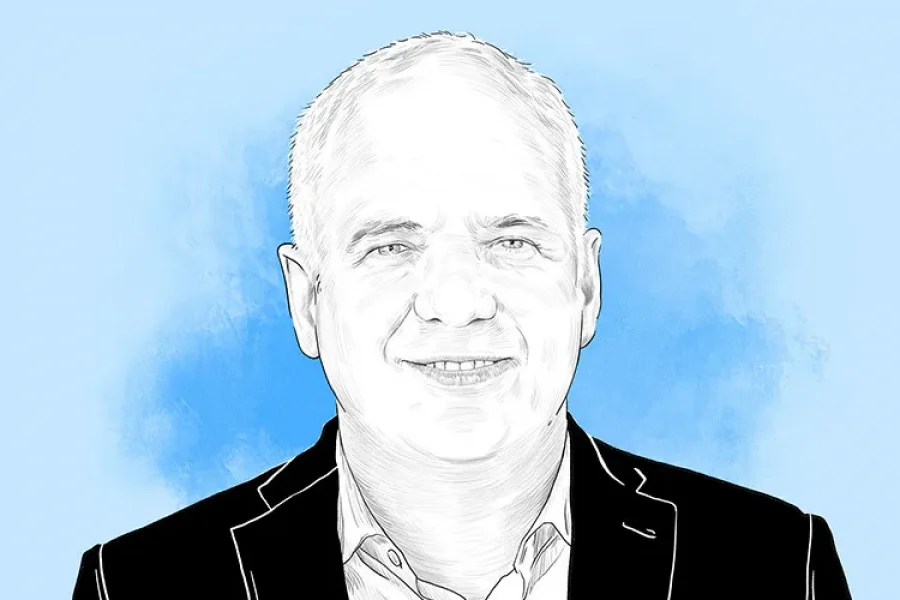Obesity remains one of Mexico’s most pressing public health issues. According to the National Institute of Public Health, 36.9% of adults in the country are living with obesity, which significantly increases the risk of chronic conditions like diabetes and cardiovascular disease. It also worsens outcomes in infectious diseases such as COVID-19 and influenza. Alarmingly, by 2030, that percentage is projected to rise to 45%.
Marco Antonio Rito, director of the Institute for Obesity Research (IOR) at Tec de Monterrey, explains that this crisis affects more than adults—it extends to children and adolescents. Mexico ranks among the countries with the highest rates of childhood obesity: 36.5% of children and 40.4% of adolescents are overweight or obese.

“Obesity reaches beyond one generation—it affects the next ones as well,” Rito says. “Research will allow us to develop alternative solutions.”
He emphasizes that tackling the problem early—through prevention and early detection—is critical, not just for the health system but also to ease economic burdens and reduce social stigma.
Obesity Research: Rethinking Science
Rito underscores the need to address obesity from a broad, multidisciplinary perspective. The IOR operates through five research units, each targeting a key area:
- Experimental Medicine and Advanced Therapies: Focuses on drug discovery and preclinical treatment models for obesity and metabolic disorders.
- Healthy Foods: Develops and tests functional foods with ingredients to improve metabolic health.
- Integrative Biology: Through the oriGen Project, this unit maps the genetic profile of the Mexican population to understand the biological underpinnings of obesity better.
- Bioengineering and Medical Devices: Innovates affordable solutions such as obesity-targeting compounds and early-detection devices for metabolic disorders.
- Public Health Policy: Examines social and economic factors to provide evidence for policy aimed at reducing obesity and improving dietary habits.

Three Years of Scientific Momentum
Since its founding, the IOR has pursued four strategic objectives: generating knowledge to prevent and reduce obesity, developing therapies and devices, supporting the creation of science-based startups, and informing public policy for healthier societies.
“In these three years, we’ve tackled obesity from a multifactorial and interdisciplinary angle. We’ve recruited top talent and built research capacity across units. Collaboration is central to our model,” Rito notes.
The institute now includes over 70 researchers—professors, postdocs, and members of the Faculty of Excellence—and has produced more than 300 scientific publications, solidifying its reputation in the global research community.
Additionally, IOR has secured nearly 100 million Mexican pesos (5.1 million American dollars) in external funding to support over 30 projects. Strategic partnerships have been forged with institutions such as the Instituto Nacional de Ciencias Médicas y Nutrición Salvador Zubirán, Pontificia Universidad Católica de Chile, and Universidad de los Andes in Colombia. Internally, the IOR collaborates with Tec’s Schools of Engineering, Medicine, and Government.
Flagship Projects and Leading Scientists
Through cross-unit collaboration, the IOR is developing pioneering projects, including:
Early Diagnosis Test for Obesity
Led by biotechnology expert Richard Willson and biomedical device specialist Omar Lozano, in partnership with the University of Houston, this project involves a Point-of-Care Testing device for early metabolic changes—especially in children. Similar to a pregnancy test, the device detects leptin, a hormone linked to satiety and body fat.
Islet Transplantation for Diabetes Treatment
Faculty of Excellence member Per-Olof Berggren is working on a cutting-edge approach to transplant insulin-producing islet cells into the eye’s anterior chamber. “This ambitious project could reduce patients’ dependency on insulin,” he explains, noting that the team is currently adapting facilities and pursuing legal approvals.
Genetic Profiling of Obese Populations
Through the OriGen Project, researchers, including Rocío Díaz, aim to sequence the genomes of 100,000 Mexicans, studying regional genetic variations that influence obesity and metabolic diseases.
Breast Milk Composition and Obesity
This study explores compounds in breast milk that may help prevent obesity in both mothers and infants. Promising clinical data are already in hand.
Affordable Anti-Obesity Drugs
Researchers like Gerardo García and Héctor Arreola are developing mechanisms to make medications for obesity more accessible, working with pharmaceutical companies and exploring cost-effective production processes.
“In the next five years, we aim to have several validated projects ready for patents and potential startup formation. We also plan to recruit at least 10 new obesity-focused researchers and become a key player in public health policy,” Rito says.
2025 International Conference on Obesity Research
This year’s IOR conference, themed Obesity Across the Lifespan: A Multidisciplinary Perspective, will take place on April 29–30 at the La Carreta Pavilion on Tec’s Monterrey campus. The hybrid-format event is free and open to specialists and the general public, including students, researchers, healthcare professionals, and policymakers.
“We want to show what we’re doing, who we’re doing it with, and where we’re headed. What makes us stand out is our truly multifactorial approach—unlike other events that narrowly focus on nutrition or health,” Rito says.
Were you interested in this story? Do you want to publish it? Contact our content editor to learn more about marianaleonm@tec.mx

















